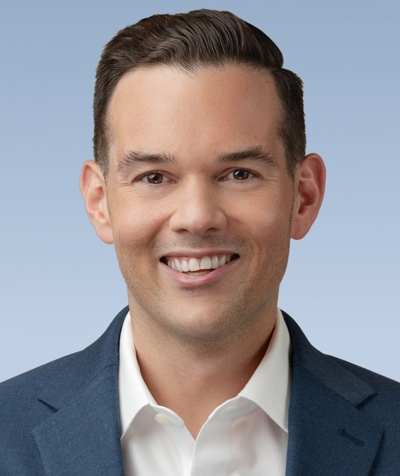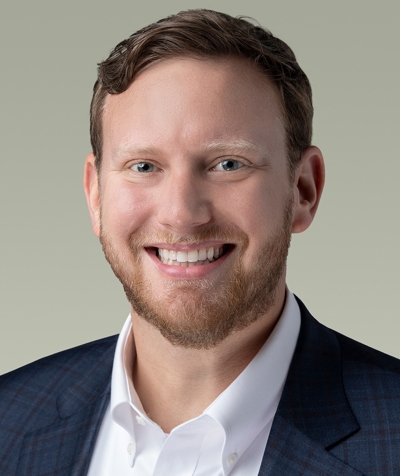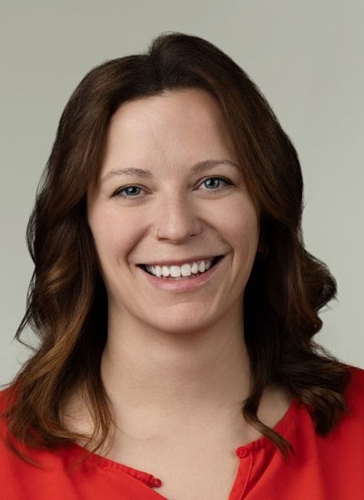Gastroenterology
Full Range of Services and Minimally Invasive Techniques
 Gastroenterologists specialize in preventing, diagnosing and treating digestive
tract and liver disorders, including conditions involving the pancreas,
liver, gallbladder, esophagus, stomach, small intestine and colon.
Gastroenterologists specialize in preventing, diagnosing and treating digestive
tract and liver disorders, including conditions involving the pancreas,
liver, gallbladder, esophagus, stomach, small intestine and colon.
Boulder Community Health offers the latest in endoscopic equipment and minimally invasive techniques. We partner with Gastroenterology of the Rockies to offer our community convenient endoscopy options in Boulder, Lafayette and Longmont.
More complicated cases are performed at BCH's Foothills Hospital.
It's important for those 45 years of age or older (50 years of age for some insurances), and those otherwise at risk, to get screened early for colon cancer. Colon cancer is one of the leading causes of death in the United States. However, it is also preventable, treatable and beatable through screening.
A colonoscopy is the "Gold Standard" - offering a 95% detection rate. A colonoscopy is:
- The only test that detects and prevents colorectal, or colon, cancer.
- The only test for high-risk patients with family or personal history of polyps or cancer.
Since a colonoscopy reduces the incidence of cancer by up to 89%, this procedure should be performed every 10 years, unless precancerous polyps or cancer is detected.
During endoscopic screening procedures, doctors insert tubes through the mouth or rectum to examine and treat problems of the digestive tract, with minimized impact on surrounding tissues.
Symptoms
Physicians see patients with a wide variety of problems and symptoms including, but not limited to:
- Acid reflux
- Constipation
- Diarrhea
- Stuck food
- Irritable Bowel Syndrome (IBS)
- Irritable Bowel Disease (IBD) and diseases of the liver pancreas, and intestines
There are several screening options when it comes to preventing colon cancer. Please discuss which one is right for you with your BCH provider.
To make an appointment with a BCH primary care provider to talk about getting screened for colon cancer, please call BCH Patient Scheduling at 303-415-4015. Or request an appointment with GI of the Rockies here.
Frequently Asked Questions
How often do I need a colonoscopy?
Your doctor will suggest how often you need this exam, depending on your personal risk for colon cancer. The American Cancer Society recommends screenings starting at age 45 (50 years of age for some insurances) and repeating it every 10 years. If you have an increased risk for colon cancer, or have had previous treatment for colon polyps or colorectal cancer, the test may be done at a younger age and more often. Find out from your doctor whether you should start before age 45.
Do I really need a colonoscopy?
The need for a colonoscopy is real. In the United States, colorectal cancer (CRC) is the third most common cancer diagnosed among men and women. CRC largely can be prevented by the detection and removal of polyps, and survival is significantly better when CRC is diagnosed while still localized.
A colonoscopy is critical to catch early stage CRC or advanced stage CRC. A one month delay in screening can increase the fatality rate in cancerous patients by 13%!
At home tests like Cologuard or FIT only screen for colon cancer, not diagnose or prevent CRC. Cologuard has a 42% detection rate, while FIT is only 30%. If the test is positive, a colonoscopy is necessary.
Will I be unconscious or feel anything during the procedure?
Before the exam, your doctor administers pain relievers and a sedative through an intravenous (IV) line. The sedative brings you into a state called "conscious sedation." This is not like general anesthesia, where you’re unconscious, but a sleepy, relaxed dreamlike state.
What does colonoscopy prep entail?
The standard bowel preparation before a colonoscopy, which involves MiraLAX and Gatorade, is a well-tolerated and effective method for clearing the colon. MiraLAX, a gentle laxative, is mixed with Gatorade to create a solution that helps induce bowel movements without causing significant discomfort or pain. Mild discomfort or urgency associated with increased bowel movements occurs for some patients, but pain is not a typical symptom. Once your colonoscopy procedure is scheduled, your provider will give you detailed instructions and guidelines for navigating the bowel prep process. By following these instructions and staying hydrated, patients can minimize any discomfort and ensure a smoother experience. While bowel prep may be perceived as unpleasant or intimidating, its temporary inconvenience is far outweighed by the potential benefits of a successful colonoscopy in detecting and preventing colorectal cancer.
-
Endoscopy Center of the Rockies - Boulder
Reynolds Family Medical Building , 1755 48th Street, Suite 110
Boulder, CO 80301
(303) 604-5000 More Information -
Endoscopy Center of the Rockies - Lafayette
1000 W. South Boulder Road, Suite 202
Lafayette, CO 80026
(303) 604-5000 More Information -
Endoscopy Center of the Rockies - Longmont
1551 Professional Lane, Suite 295
Longmont, CO 80501
(303) 604-5000 More Information











